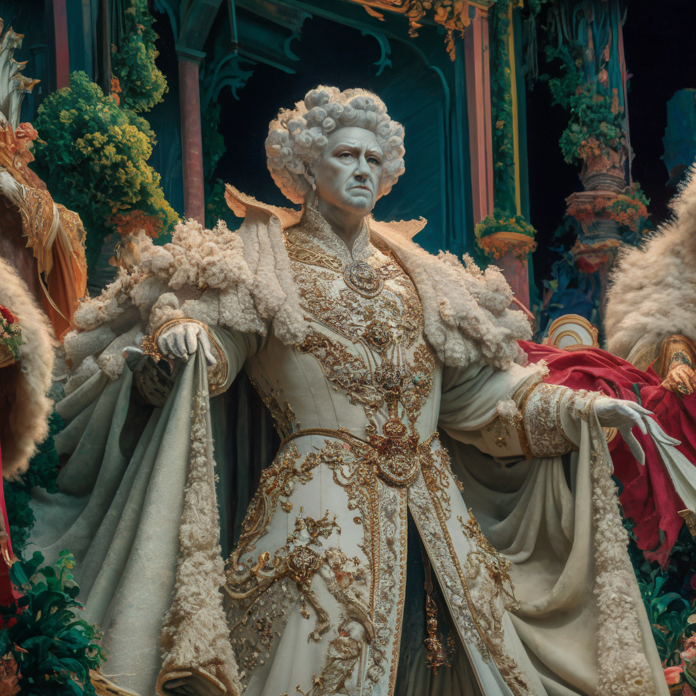Introduction
The concept of Gñory is enigmatic, carrying a sense of mystique and grandeur. Whether interpreted as a name, a symbol, or an abstract idea, Gñory evokes curiosity and wonder. This article explores its possible meanings, cultural significance, and the allure that surrounds it. From linguistic roots to modern interpretations, we delve into the depths of Gñory, uncovering its hidden layers and the impact it may hold in various domains.
1. The Origins of Gñory: A Linguistic Mystery
The term Gñory appears unconventional, sparking questions about its etymology. Unlike common words, its unique spelling—particularly the “ñ”—suggests a possible Spanish or indigenous influence. The letter “ñ” is distinctive in languages like Spanish, Galician, and Tagalog, often representing a palatal nasal sound. Could Gñory be a name, a coined term, or a fusion of cultural elements? Some theories propose it as a stylized version of “glory,” while others argue for a deeper, possibly mythological origin.
2. Gñory in Modern Culture: Symbolism and Interpretation
In contemporary contexts, Gñory could represent an artistic expression, a brand, or a philosophical ideal. Its ambiguity allows it to be molded into various meanings—perhaps standing for resilience, excellence, or an unattainable ideal. Artists and writers might use it as a metaphor for something transcendent, while businesses could adopt it as a name to evoke prestige. The flexibility of Gñory makes it a powerful symbol, adaptable to different narratives and interpretations.
3. The Philosophical Depth of Gñory: Beyond the Surface

If we consider Gñory as more than just a word, it transforms into a concept worth exploring philosophically. Does it signify the pursuit of greatness, an eternal quest for meaning, or the beauty in imperfection? Thinkers might associate it with existential themes—how humans chase their own versions of “Gñory” in achievements, love, or self-discovery. Its abstract nature invites introspection, urging individuals to define what Gñory means in their personal journeys.
4. Gñory in Art and Literature: A Muse for Creativity
Creative minds thrive on ambiguity, and Gñory serves as fertile ground for inspiration. Writers could craft stories where Gñory is a legendary artifact, a lost kingdom, or an emotion beyond description. Visual artists might depict it through surreal imagery—golden hues, celestial motifs, or abstract forms—that evoke a sense of awe. The very obscurity of Gñory fuels imagination, making it a timeless muse across artistic mediums.
5. The Future of Gñory: Will It Endure or Fade?
As with many enigmatic terms, Gñory’s longevity depends on its adoption and evolution. Will it remain a niche curiosity, or will it gain traction in mainstream discourse? The digital age accelerates the spread of such concepts, with social media and branding potentially propelling Gñory into wider recognition. Alternatively, it may stay as a cryptic gem, cherished by those who stumble upon it and赋予 it personal significance.
Detailed Paragraph Example (Under a Heading)
The Philosophical Depth of Gñory: Beyond the Surface
Gñory, as a philosophical concept, transcends mere linguistic interpretation, inviting deeper contemplation on human aspirations. At its core, it may symbolize the eternal chase for something greater—whether in knowledge, experience, or spiritual fulfillment. Philosophers might compare it to Nietzsche’s “Übermensch,” representing the pursuit of self-overcoming, or to Plato’s “Form of the Good,” an abstract perfection that guides moral and intellectual endeavors. In existentialist thought, Gñory could embody the individual’s struggle to create meaning in an indifferent universe, where the journey itself becomes the essence rather than a definitive destination. The beauty of Gñory lies in its resistance to a fixed definition; it morphs according to the seeker’s perspective, making it a mirror for one’s deepest yearnings and fears.


